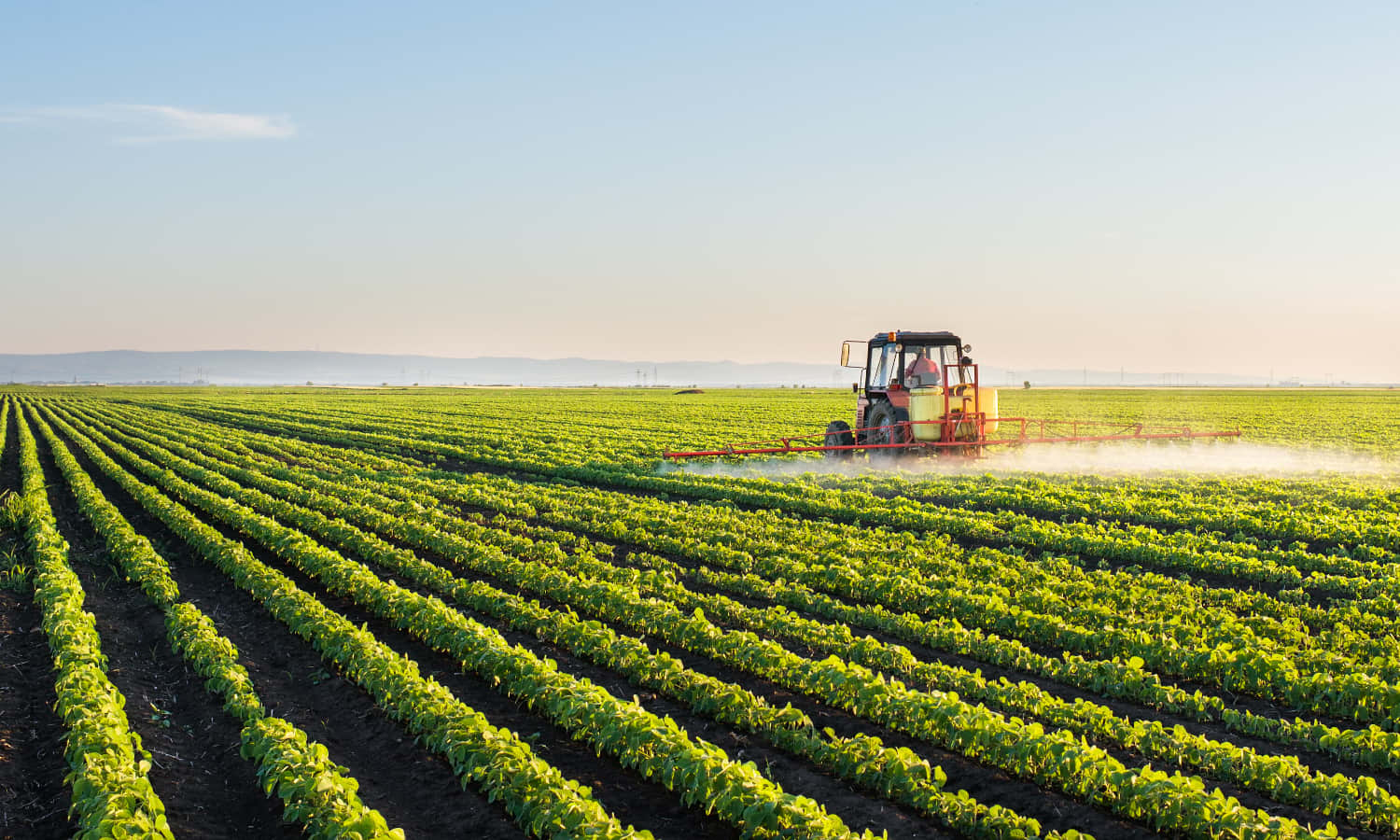



Almost 90% of the $540bn in global subsidies given to farmers every year are “harmful”, a startling UN report has found. This agricultural support damages people’s health, fuels the climate crisis, destroys nature and drives inequality by excluding smallholder farmers, many of whom are women, according to the UN agencies. The biggest sources of greenhouse gas emissions, such as beef and milk, received the biggest subsidies, the report said. These are often produced by large industrialised groups that are best placed to gain access to subsidies.
Without reform, the level of subsidies was on track to soar to $1.8tn (£1.3tn) a year by 2030, further harming human wellbeing and worsening the planetary crisis, the UN said. Support for the “outsized” meat and dairy industry in rich countries must be reduced, while subsidies for polluting chemical fertilisers and pesticides must fall in lower-income countries, the analysis said. The report, published before a UN food systems summit on 23 September, said repurposing the subsidies to beneficial activities could “be a game-changer” and help to end poverty, eradicate hunger, improve nutrition, reduce global heating and restore nature. Good uses of public money could include supporting healthy food, such as vegetables and fruit, improving the environment and supporting small farmers.
Numerous analyses in recent years have concluded the global food system is broken, with more than 800 million people experiencing chronic hunger in 2020 and 3 billion unable to afford a healthy diet, while 2 billion people are obese or overweight, and a third of food is wasted. The total damage caused has been estimated at $12tn a year, more than the value of the food produced. The report was published by the UN Food and Agriculture Organization (FAO), the UN Development Programme (UNDP) and the UN Environment Programme (UNEP) and is an underestimate of the total subsidies in the food system, as it only includes those for which reliable data is available in 88 countries.
This report is a wake-up call for governments around the world to rethink agricultural support schemes to make them fit for purpose to transform our agri-food systems and contribute to the four betters: better nutrition, better production, better environment and a better life. The UNDP head, Achim Steiner, said redirecting the subsidies would also boost the livelihoods of the 500 million smallholder farmers worldwide by ensuring a more level playing field with industrial agriculture.